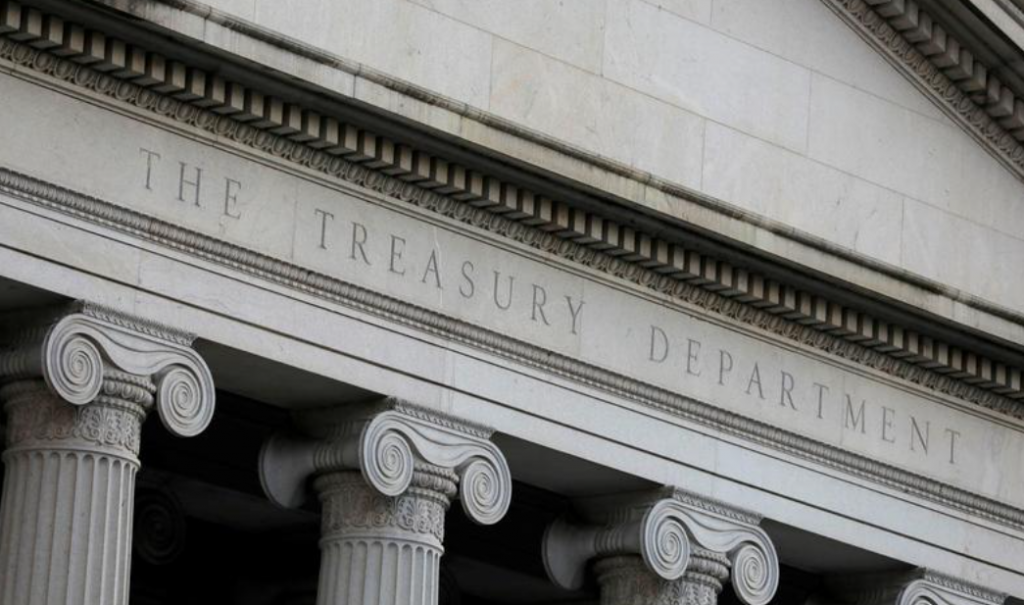
U.S. policymakers need to consider major changes to make money market funds less vulnerable to investor runs, a working group led by the Treasury Department said on Tuesday, stopping short of making specific recommendations.
The group laid out several potential changes to those markets, in which the U.S. government intervened to stabilize after big outflows prompted by the coronavirus outbreak in March.
Ideas included setting stricter rules around fund redemptions, or higher capital buffers for such funds, but the group said it was not favoring any specific approach.
“The events of March 2020 show that more work is needed to reduce the risk that structural vulnerabilities… will lead to or exacerbate stresses in short-term funding markets,” said the Presidential Working Group on Financial Markets.
The report could kick off a broader effort to overhaul money market funds. Former Federal Reserve Chair and incoming Treasury Secretary Janet Yellen is expected to review so-called “shadow banking,” which includes such funds, analysts said.
“Yellen is in a good position to tackle this problem. She knows where all the bodies are buried in short-term funding markets,” said Tom Graff, head of fixed income and portfolio manager at Brown Advisory.
In March, short-term funding seized up with a massive sell-off in U.S. markets. Among institutional and retail prime money market funds, which allow daily redemptions while holding less liquid short-term assets, outflows as a percentage of fund assets exceeded that of the September 2008 crisis.
The crunch prompted the Fed to buy $1.6 trillion in Treasuries and take other measures to stabilize the markets.
Mark Cabana, head of U.S. rates strategy at Bank of America, said he believed some of the ideas explored in the report would help relieve future stress. He added that while discussions were in early stages, the report was “an important step in advancing reforms.”






















